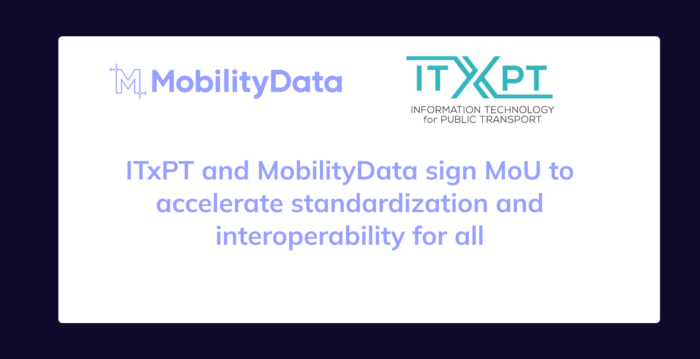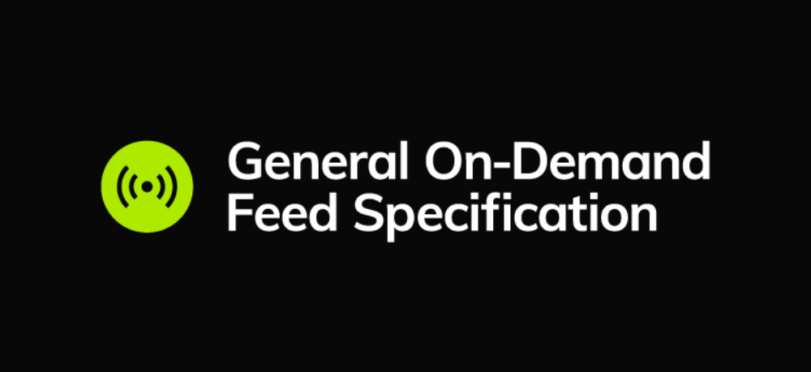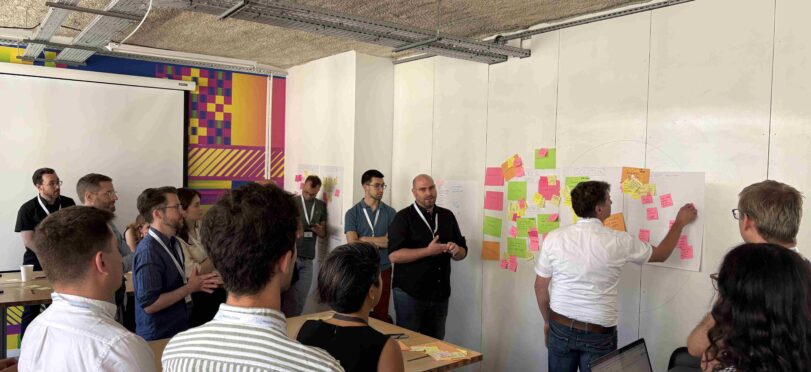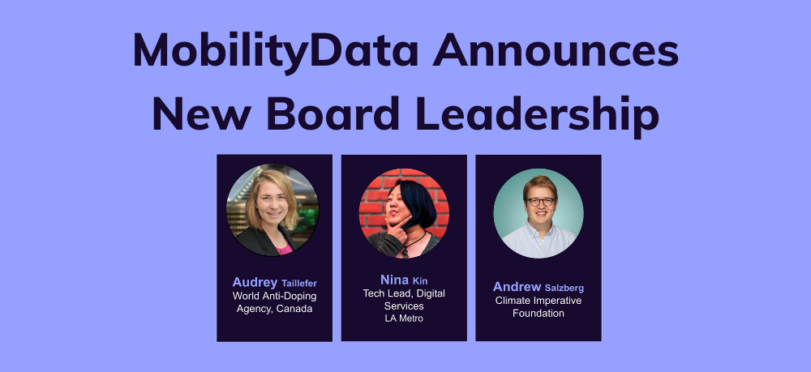ITxPT and MobilityData sign MoU to accelerate standardization and interoperability for all

We are excited to announce that the non-profit organizations ITxPT (Information Technology for Public Transport) and MobilityData have signed a Memorandum of Understanding (MoU) to formalize their ongoing cooperation that started over three years ago. This is an important step towards ensuring that passengers always come first while bringing clarity to the standards and specifications ecosystems.
Currently, mobility data used for passenger information systems are standardized and shared via GBFS, NeTEx, and SIRI for shared mobility services and GTFS Schedule, GTFS Realtime, NeTEx, and SIRI for network-based transport services. While the Transmodel ecosystem also offers a wider and systemic description of mobility services.
All above-mentioned formats are supported by their respective communities, each answering specific use cases, along with local regulations and requirements. There is a need to strengthen and further develop the existing interoperability between these data formats to facilitate the international development of both communities. It will help, for example, the growth of multimodal digital mobility services (MaaS) across borders.
The MoU supports the convergence of their respective ecosystems towards a single one that will support better traveler information globally. This will help to achieve an open ecosystem for all mobility stakeholders and ensure that passengers receive timely and accurate information about their journeys.
The main objectives of this agreement are:
- To facilitate better interoperability between standards and specifications (mapping and technical extensions/revisions of each format to be coordinated)
- To unite forces in the promotion of standardization, data quality, and sharing
- To support the global adoption of standards and specifications
- To support the convergence of their respective ecosystems toward a single one
In the coming months, ITxPT and MobilityData will be supporting each other in their technical and promotion work. We expect these initiatives to help promote standardization, data quality, and sharing, as well as support the adoption of existing standards and specifications.
We are thrilled about this development and look forward to continuing our partnership and working towards achieving our common goals of improving the accessibility and usability of public transit and shared mobility for everyone.
About MobilityData
MobilityData began in 2015 as a Rocky Mountain Institute project with the mission to improve travellers’ information. It extended its mission and reach by becoming a Canadian non-profit in 2019. With 20 employees, MobilityData brings together and supports international mobility stakeholders such as transport agencies, software vendors, mobility apps, and cities to standardize and expand data exchange formats such as GTFS (General Transit Feeds Specifications) and GBFS (General Bikeshare Feeds Specifications) respectively for public transport and shared mobility. MobilityData acts as an industry facilitator, creating opportunities for strengthened interoperability while assisting the industry’s rapid transformation through training and tools.
About ITxPT
ITxPT is the non-profit association that enables an open architecture, data accessibility and interoperability between IT systems. The members of ITxPT develop the IT architecture for public transport and other mobility services together, based on standards and best practices. Through its EU-funded projects DATA4PT and NAPCORE, ITxPT supports the European Union Member States and all relevant stakeholders (data providers, data consumers, PTAs, PTOs, Transport Associations, IT suppliers etc.) in the development and implementation of European CEN public transport data standards. These are all the Transmodel-based standards, including NeTEx, SIRI, OJP and others that are relevant for the provision of Union-wide multimodal travel information services, in line with EU ITS Regulation Framework (MMTIS EU/2017/1926). The support consists of contributing to standards development and implementation through profiles, technical artefacts, validation tools, helpdesk and any other required activities such as communication, training events and workshops.



